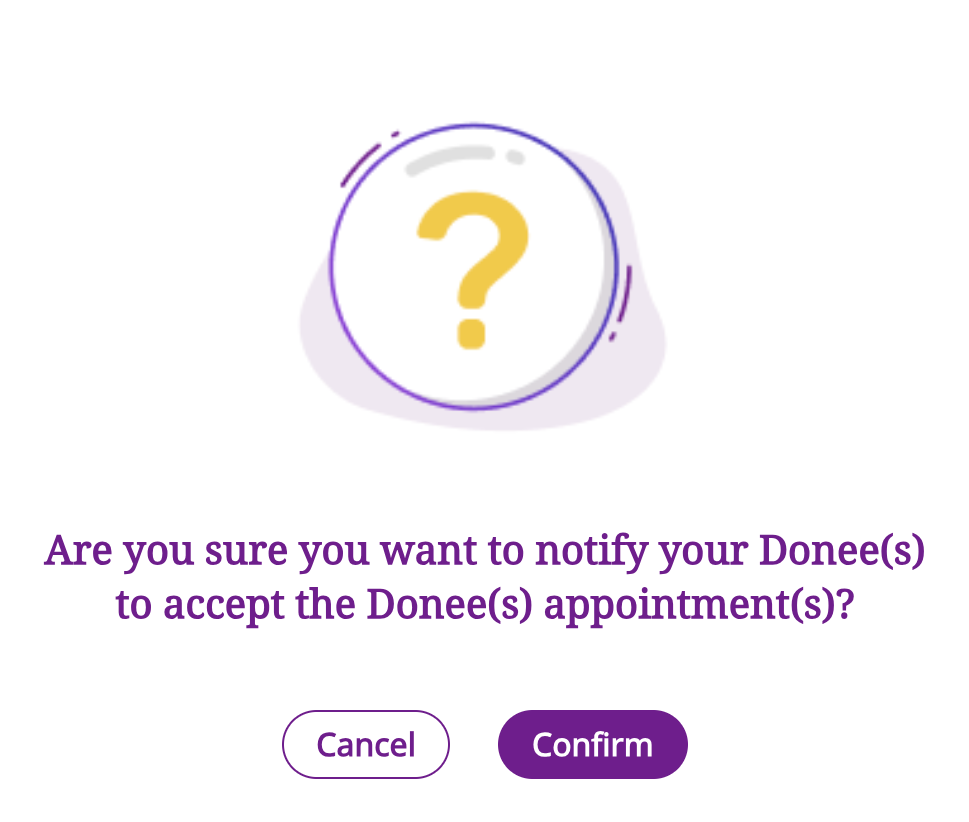Digital Health Clinic
Step 1
Step 1: Read Important Information
| Office of Public Guardian Fees | |
|---|---|
| Singapore Citizen | $0 (currently waived until 31st March 2026) |
| Permanent Resident | $90 |
| Foreigner | $280 |
Read Important Information
You are the “Donor”. You may grant your Donee(s) powers to make personal welfare and/or property and affairs decisions on your behalf when you lack mental capacity, or when they have reason to believe1 you lack such capacity.
- Your Donee(s) must be aged 21 and above.
- Please have your Donee(s)’ full name, NRIC/FIN No., mobile number and email address ready.
- Your Donee must be eligible for Singpass to accept the appointment online.
When does my Donee's act for me?
Before acting on your behalf
- Your Donee is required to obtain a medical report from a registered medical practitioner, certifying that you lack mental capacity to make personal welfare and/or property and affairs decisions.
- Your Donee(s) must exercise their powers in accordance with the Mental Capacity Act 2008 Code of Practice, which ensures they are acting in your best interests.
When can my Replacement Donee act for me?
You may appoint a Replacement Donee to replace your existing Donee(s) if any of these events occur:
- Your Donee gives notice to OPG that he disclaims his appointment when he does not wish to be appointed anymore
- Your Donee is made bankrupt (this will only terminate his power in relation to your property and affairs)
- You and your Donee divorce or your marriage has been annulled
- Your Donee has passed on or lost mental capacity






